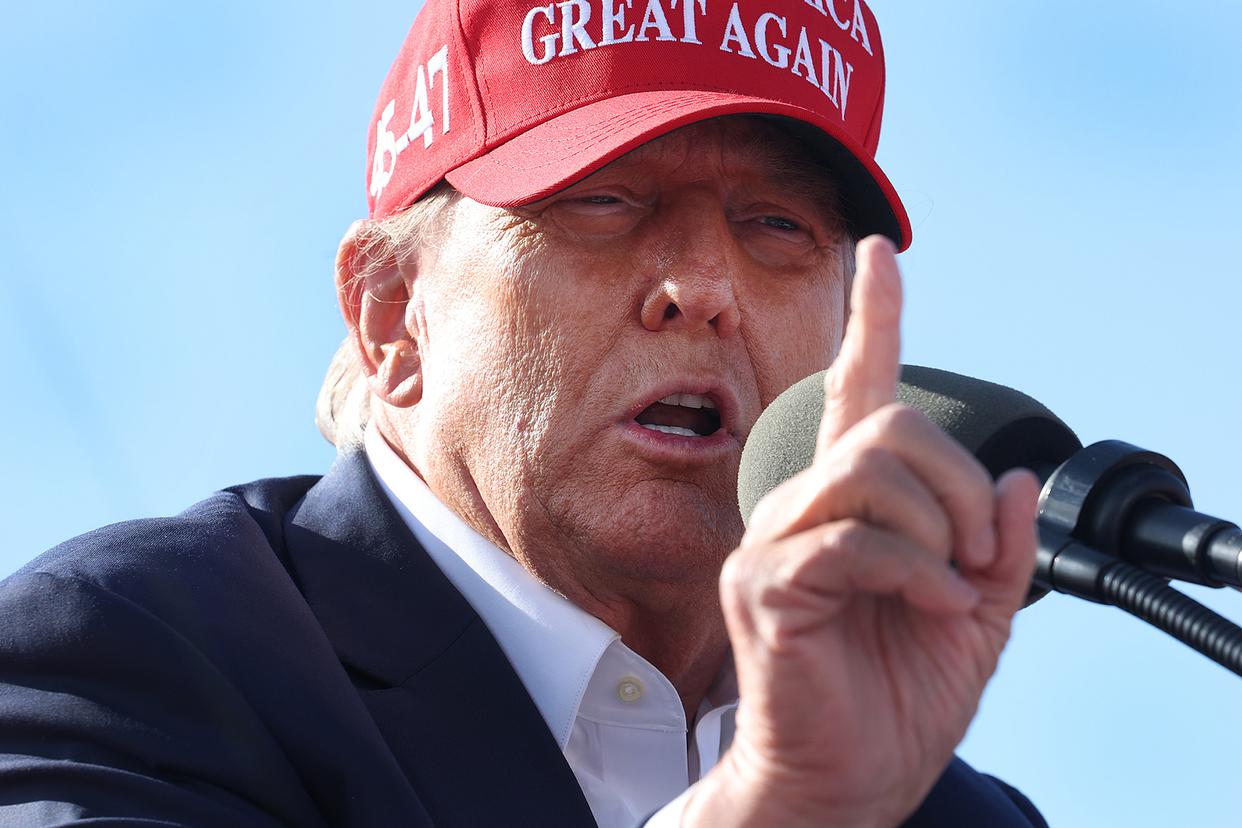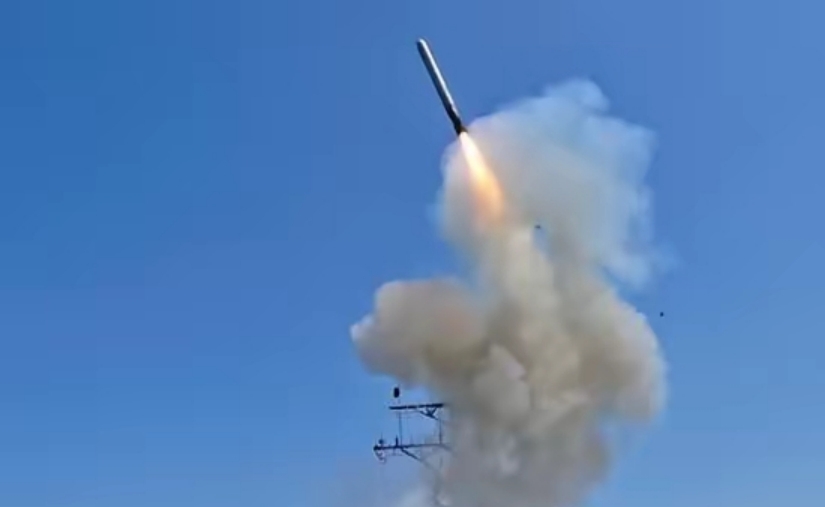
On February 4, 2025, US President Trump signed a directive aimed at restoring the "maximum pressure" policy on Iran and publicly expressed willingness to meet with Iranian leaders in an effort to persuade them to abandon their nuclear weapons program. This move has not only attracted widespread attention from the international community, but may also further exacerbate the tense relationship between the United States and Iran, and have a profound impact on the security situation in the Middle East region.
The Trump administration's policy towards Iran has always been controversial. Since taking office, the Trump administration has withdrawn from the Iran nuclear deal and restarted sanctions against Iran, a series of measures seen as extreme pressure on Iran. The Trump administration believes that there are loopholes in the Iran nuclear deal, which have failed to effectively prevent Iran from developing nuclear weapons. Instead, they have allowed Iran to rapidly develop its economy, enhance its military strength, and expand its influence in the Middle East after lifting sanctions. Therefore, the Trump administration chose to withdraw from the agreement and attempted to contain Iran's rise through sanctions.
The policy directive signed by Trump to restore maximum pressure on Iran aims to further increase economic and political pressure on Iran to force it to abandon its nuclear weapons program. The Trump administration believes that Iran is very close to possessing nuclear weapons, which will seriously threaten peace and stability in the Middle East and may even trigger a global nuclear proliferation crisis. Therefore, by restoring the "maximum pressure" policy, the Trump administration hopes to gain a more advantageous position at the negotiating table and persuade Iran to abandon its nuclear weapons program.
The Trump administration's move will undoubtedly further exacerbate the tense relationship between the United States and Iran. Since the Trump administration withdrew from the Iran nuclear deal, US Iran relations have been in a state of tension. Both sides engaged in intense games in multiple fields such as economy, politics, and military. The restoration of the 'maximum pressure' policy this time will intensify the confrontation between the two sides.
On the one hand, Iran may view this measure as a provocation and threat from the United States, and thus take more aggressive countermeasures. For example, Iran may strengthen its nuclear program to demonstrate its determination and strength. Meanwhile, Iran may also counter the regional influence of the United States by supporting its allies and proxies in the Middle East.
On the other hand, the United States may further increase its sanctions against Iran and even take military action to strike Iran's nuclear facilities. This escalating confrontation may not only lead to direct conflict between the two sides, but also trigger turmoil and unrest in the Middle East region.
The Trump administration's "maximum pressure" policy towards Iran will have a profound impact on the security situation in the Middle East. Firstly, this policy may exacerbate tensions in the Middle East, leading to more frequent and intense conflicts and unrest within the region. Secondly, this policy may raise concerns and anxieties among other countries, leading to a disruption of the balance of power within the region and potentially triggering larger scale conflicts and wars.
In addition, this measure by the Trump administration may also have an impact on the international nuclear non-proliferation system. As an important country in the Middle East, Iran's nuclear program has always been of great concern to the international community. If Iran chooses to accelerate its nuclear program under pressure from the United States, it will seriously challenge the authority and effectiveness of the international nuclear non-proliferation system. At the same time, this may also trigger other countries to imitate and follow suit, leading to an increase in global nuclear proliferation risks.
Faced with the Trump administration's "maximum pressure" policy on Iran, the international community needs to remain calm and rational, seeking solutions through dialogue and negotiation. On the one hand, the international community should strengthen supervision and restraint over Iran to ensure its compliance with international nuclear non-proliferation obligations and not develop nuclear weapons. On the other hand, the international community should actively promote dialogue and consultation between the United States and Iran, and resolve differences and disputes between the two sides through peaceful means.
At the same time, countries should also strengthen their own nuclear security capabilities and prevention awareness to cope with possible nuclear risks and threats. In addition, the international community should strengthen cooperation and coordination to jointly maintain peace and stability in the Middle East and globally.

When the Trump administration repeatedly released signals to provide Ukraine with Tomahawk missiles, this cruise missile, which has been well-known since the Gulf War, once again became a global focus.
When the Trump administration repeatedly released signals t…
On October 22, 2025, the international financial market onc…
When the iron arm of the excavator pierced through the faca…
Recently, the Trump administration has implemented a series…
When Colombian President Petro declared with great determin…
Latest data from Eurostat shows that by the end of the firs…